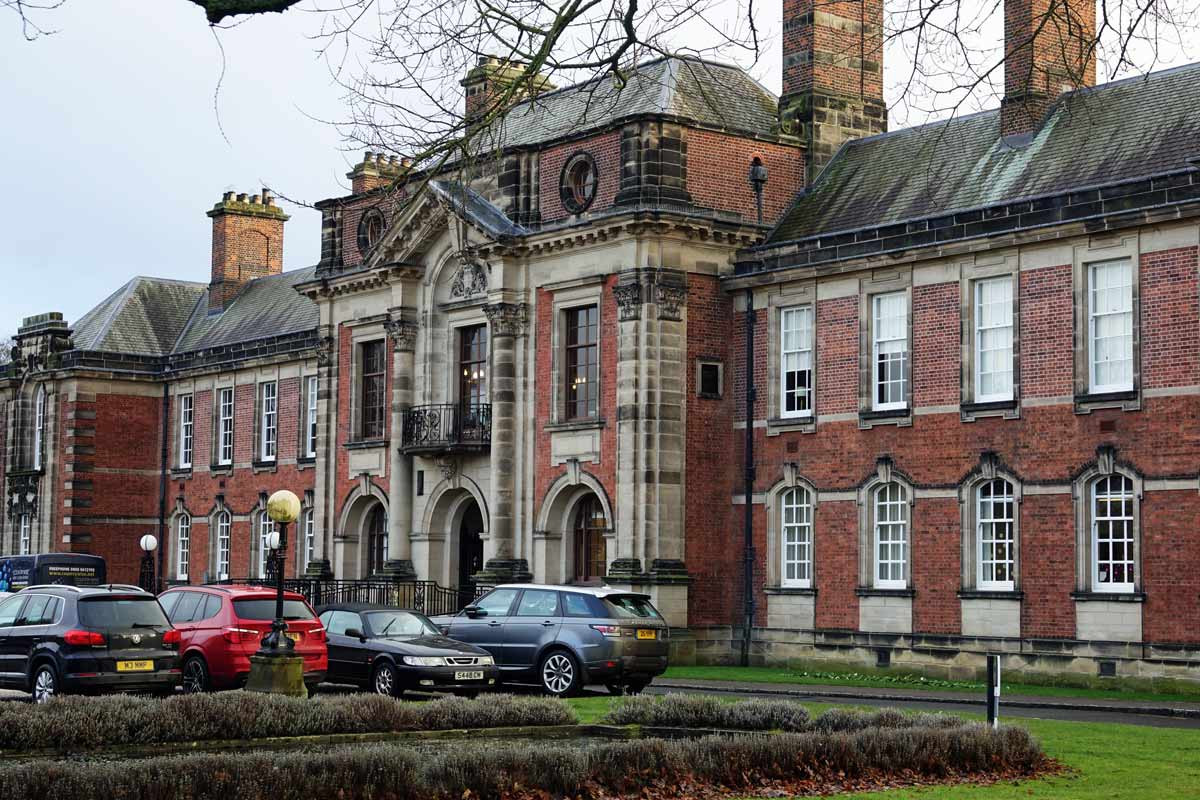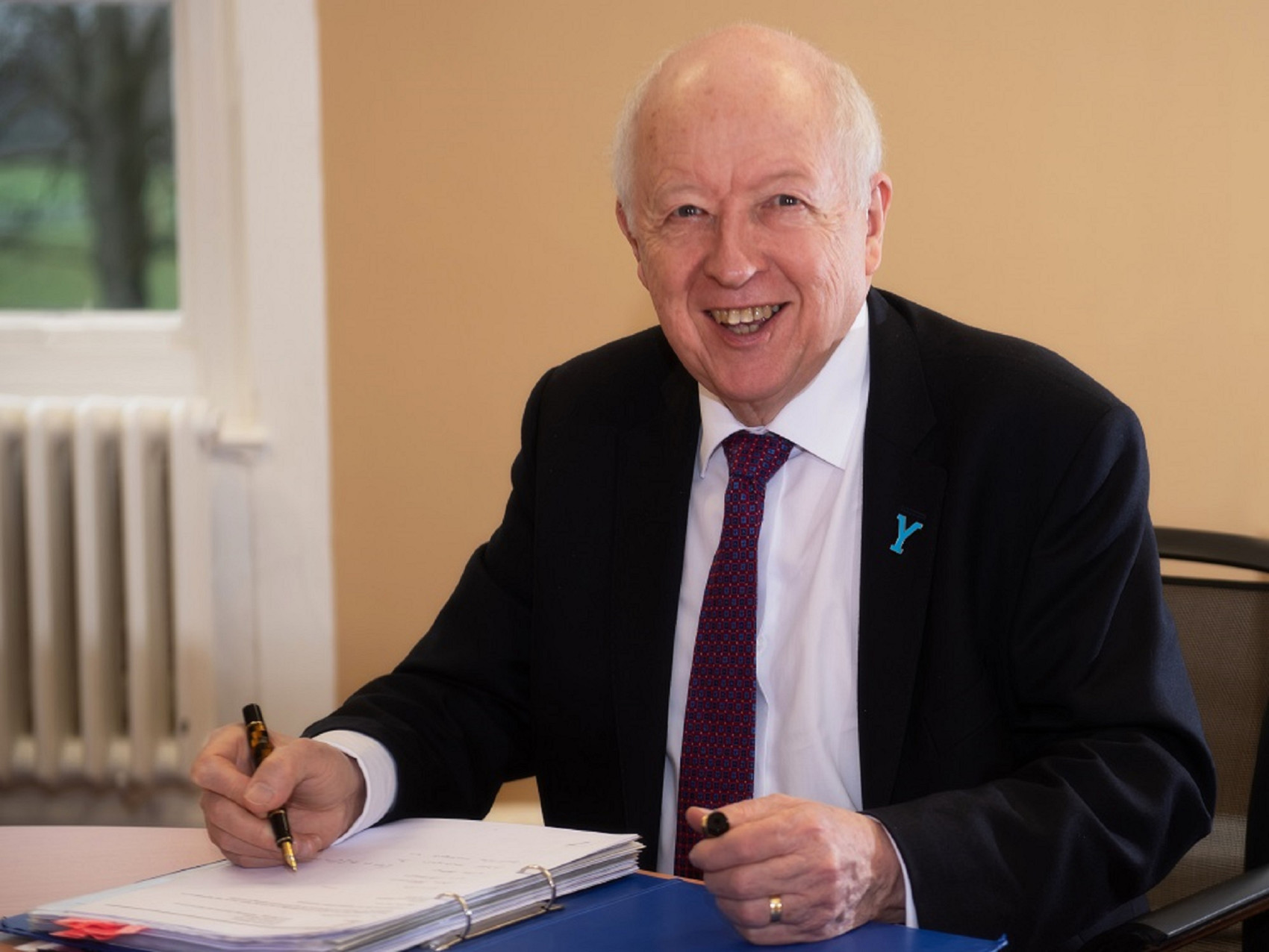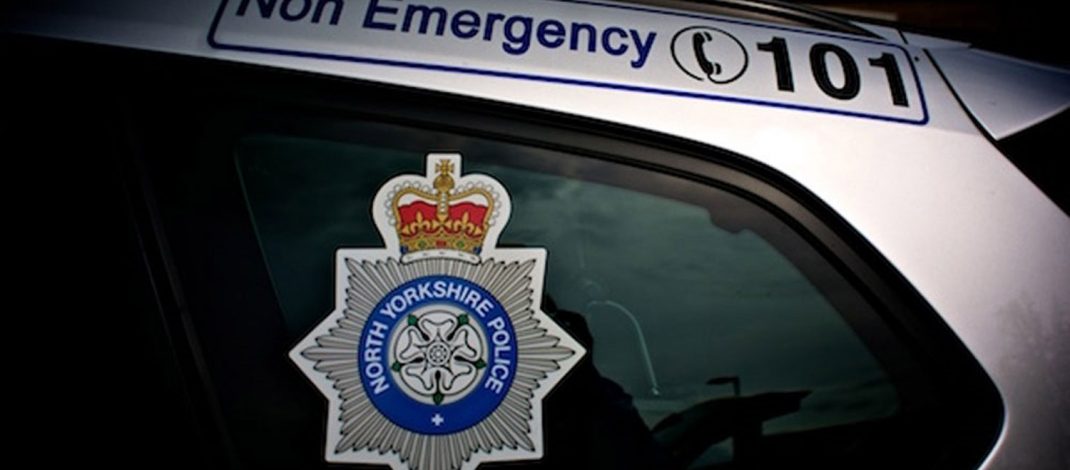Millions of pounds in savings are set to be achieved through the launch of North Yorkshire Council to help to protect front-line services for communities and businesses across the county.
Detailed plans for the council’s budget for the next financial year have been released, and show the benefits that are due to be realised following the creation of the authority in April 2023.
The launch of the council has coincided with massive pressures on finances for the public sector across the country, and it is facing a predicted shortfall of more than £32 million in its budget for the second year of its operation if savings are not made.
However, the vast majority of vital frontline services are set to be protected from swingeing cuts that are having to be enforced by other local authorities, as the benefits of bringing the previous eight councils in North Yorkshire into a single organisation are becoming evident.
The launch of the new council has seen the possibility of achieving in the region of £40 million in savings, with more financial benefits set to be achieved over the coming years.
North Yorkshire Council’s leader, Cllr Carl Les, said:
We have always been aware of the benefits of bringing services under the control of one council, and a great deal of work has been undertaken to ensure that these can come to fruition.
The council is still not a year old, but we can see just what it means to have a single authority to cover the whole of North Yorkshire.
As a council, we know the financial pressures which taxpayers are facing, and we are committed to ensuring that every pound of residents’ and businesses’ money is used as effectively and efficiently as possible.

A medium-term blueprint has identified £46 million in savings across the next three financial years. Of that figure, more than £36 million is set to be brought about by the biggest overhaul of local government in North Yorkshire for almost half-a-century.
The savings brought about by local government reorganisation are not impacting on frontline services and are due to include efficiencies of almost £11.8 million from bringing together services, a saving of £6.7 million in support services and nearly £2 million in transforming technology and streamlining IT systems. Income generated through a more co-ordinated approach to fees and charges is set to see savings of £6.6 million achieved up until the end of the 2026/27 financial year.
Work is continuing to deliver further opportunities to ensure even greater savings with the launch of the new council, which will be developed over the next 12 months.
In addition, £3.1 million in savings have already been secured in the first year of the council’s operation through reducing the number of senior managers alongside cutting the number of councillors from 319 to 90 members.
Alongside the benefits of local government re-organisation, which saw the merger of the previous North Yorkshire County Council and the seven former district and borough authorities, a further £10.1 million in savings is predicted to be made over the next three financial years.
This includes cutting the cost of commissioning by £3.1 million by reducing, for instance, the number of high value care packages, and a further £1.2 million by bringing together highways services.
The opportunity to streamline the way in which key services ranging from waste and recycling to education, highways and planning are delivered to nearly 33,000 businesses and the 615,000 residents in North Yorkshire is seen as essential to helping to tackle the growing demands on the council’s finances.
The council’s proposed budget for 2024/25 would see a rise of council tax of 4.99 per cent, including a two per cent precept for adult social care, in North Yorkshire to counter the financial challenges, equating to an increase of £87.80 for an average Band D property to a total bill of £1,847.62.
However, other authorities in the country are proposing council tax increases as high as 10 per cent as they have been given special dispensation by the Government to raise more funding to tackle intense financial pressures caused partly by the ongoing high rates of inflation. Issues surrounding supply chains and rising staffing costs have also compounded financial pressures on the public sector nationally.
Increasing demand for support for children with special educational needs and disabilities (SEND) alongside a soaring need for adult social care have amplified the financial pressures in North Yorkshire.
The county has a higher average age of its residents than other parts of the country. According to the 2021 Census, a quarter of North Yorkshire’s 615,000 residents are aged 65 and over, compared to a national average of 18.4 per cent.
The proposed budget would see £6.5 million of the council’s reserves used to balance the books in the next financial year.
North Yorkshire Council’s deputy leader, Cllr Gareth Dadd, who is also the executive member responsible for finance, said:
We have had to look extremely closely at the proposed budget and while we are acutely aware of the financial pressures which people are facing, we have to balance this with the fact that key services would have to be cut without a rise in council tax.
We will continue to support those most in need in North Yorkshire, and we have managed to achieve savings that will protect the vast majority of frontline services.
I would suggest that the proposed savings are among the least controversial of anywhere in the country, and this has been brought about thanks largely to the opportunities of local government reorganisation and also prudent management of our finances over many years.
Among the savings that are being proposed are changes to home to school transport which would mean that families are given funding for pupils to attend their nearest school rather than in the wider catchment area, and fees and charges are also set to increase to reflect inflation.
Members of North Yorkshire Council’s executive are due to meet on Tuesday next week (January 23) to discuss the proposed budget. If approved, it will be considered at a full council meeting next month (February), before it is adopted for the council.
The scale of North Yorkshire Council’s operations across England’s largest county means it has an overall spend of about £1.4 billion, including £343 million on schools.






